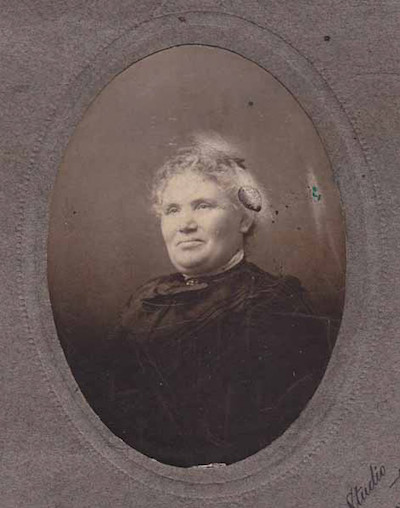By Emily K. Alhadeff , Associate Editor, JTNews
This is a year of milestone birthdays: The University of Washington’s Stroum Center for Jewish Studies is celebrating its 40th, JTNews its 90th, and the Caroline Kline Galland Home its 100th. But here’s one you might not know about: The Hebrew Free Loan Association of Greater Seattle is also turning 100.
Since July 1914, the HFLA has been distributing interest-free loans to Jewish community members, typically for business and education purposes. Loans up to $5,000 are offered without interest, based on Exodus 22:25: “If you lend money to My people, to the poor among you, you are not to act as a creditor to him; you shall not charge him interest.” They’ll be marking the occasion with a brunch on February 2.
Albert Feldman, a past board president, joined the organization in 1975.
“At the time, there were still many original immigrants around that had personally benefited,” he said. “Times have changed a bit.”
The HFLA collects donations from the community and distributes the funds to approved applicants. Originally, the loans helped immigrants starting businesses, like pushcarts.
“Back then banks would not trust immigrants,” said Feldman. “Originally, it was helping mainly new immigrants to set up some little business with a few hundred dollars. Nowadays our constituency has changed considerably.”
With credit available to just about everyone, the demand for small loans — despite being interest-free — has waned. According to Feldman, the loans more frequently go to single parents and students paying for education.
“In that way we are helping people who in many cases do desperately need it,” Feldman said.
The first Hebrew Free Loan Society opened in New York in 1892, and spawned similar, independent organizations across the country. Remarkably, they’ve continued to operate with an extremely low default rate.
According to current board president Jeff Puterman, the HFLA gave out 12 loans last year. Loan eligibility requires applicants to be members of the Jewish community, genuinely in need of the loan, unable to receive conventional loans, and receiving an income to repay the loan. They must also have at least one guarantor.
Puterman would like to see the organization better serve the community. The HFLA is considering raising the loan amounts to a possible $7,500 or $10,000 for business and education.
“For a lot of people, [$5,000] not very much,” he said. “If we had special loans dedicated to that, we could raise the limits and people could avail themselves more.”
The board is all-volunteer, with the exception of one member who gets paid for handling the association’s administrative details. The board is currently considering angel cosigners, and allowing HFLA to be a primary loan source, rather than a last resort.
“Why shouldn’t they come to us first?” he asked.
Each of these measures has to be weighed carefully, as lending money is risky business. But rarely, says Puterman, do they have to go after anyone. Sometimes the money is returned years later.
“For the most part, our clients are very honest,” said Feldman. “Our losses, if any, are very minimal. Sometimes we have received a loan several years after they thought it had gone bad. We’re keeping it on a human level, let’s put it that way.”
